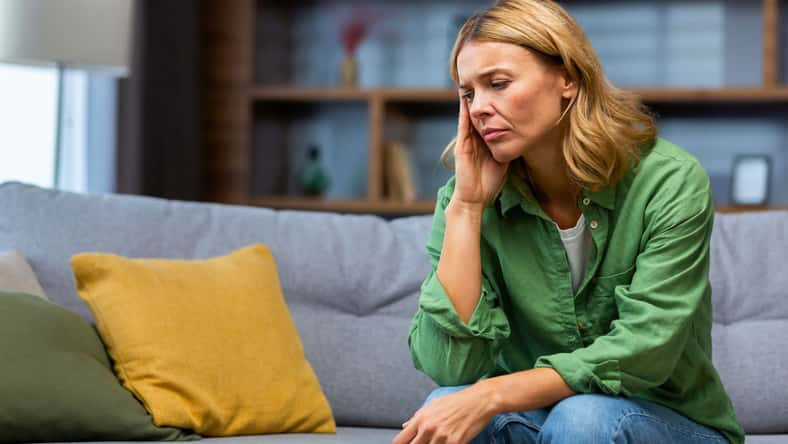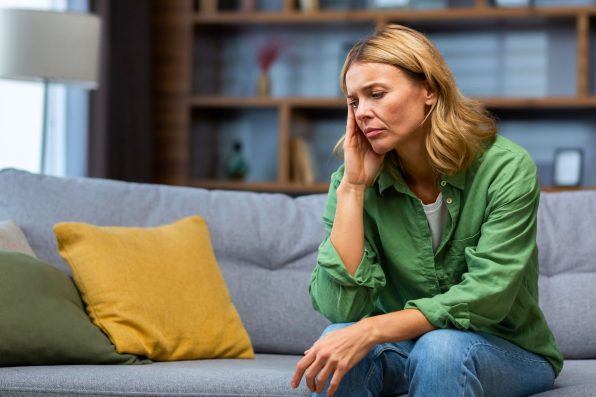New Research Suggests Suffering The Loss Of Various Loved Ones May Accelerate Biological Aging

New research suggests that suffering the loss of multiple loved ones can cause biological clocks to tick faster, potentially leading to the earlier onset of age-related health issues.
According to a study from Columbia University’s Mailman School of Public Health, people who had lost two or more close family members showed signs of accelerated biological aging.
These family members included parents, siblings, partners, or children. The effect could even be seen in adults in their thirties and early forties. This means that grief has a far more significant impact on our bodies than previously thought.
“Our study shows strong links between losing loved ones across the life course from childhood to adulthood and faster biological aging in the U.S.,” said Dr. Allison Aiello, the lead author of the study and a professor of epidemiology at Columbia University.
Biological ages reflect how well the cells in your body are functioning. It’s different from chronological age, which simply measures how long you have been alive. Scientists can calculate biological age with tools called epigenetic clocks.
They look at physiological changes in cells that accumulate over time. Two people of the same chronological age could have very different biological ages depending on their health habits and life experiences.
The researchers examined data from the National Longitudinal Study of Adolescent to Adult Health in a group of Americans.
The study spanned 24 years, and in that time, the participants reported family deaths at five different intervals of the study.
The researchers collected blood samples from almost 4,500 participants in their mid-thirties to early forties.

Liubomir – stock.adobe.com – illustrative purposes only, not the actual person
They discovered that almost 40 percent of participants experienced at least one significant loss by the time they reached their early forties.
Additionally, losses experienced during adulthood seemed to have a greater impact on biological aging than losses experienced in childhood or adolescence.
The finding challenges the idea that traumas in early life are the most impactful. Instead, we may actually be more vulnerable to the effects of loss in adulthood.
Furthermore, there were racial disparities, with 57 percent of Black participants and 41 percent of Hispanic participants experiencing at least one loss compared to 34 percent of White participants.
The gap in exposure to loss could also be contributing to health inequalities among certain racial and ethnic groups in the U.S.
The study points to the need for better resources and support systems for those dealing with grief. It also provides a possible explanation for why people who have suffered multiple losses tend have an increased risk of contracting health issues as they get older.
More research on how grief impacts health and aging could help improve long-term health outcomes and slow down biological aging. This is especially important for racial and ethnic groups that experience disproportionate losses.
The study was published in JAMA Network Open.
Sign up for Chip Chick’s newsletter and get stories like this delivered to your inbox.
More About:Science





